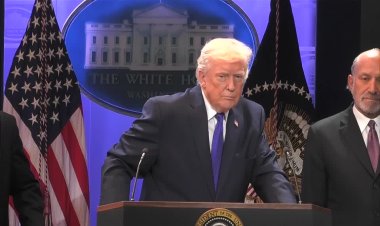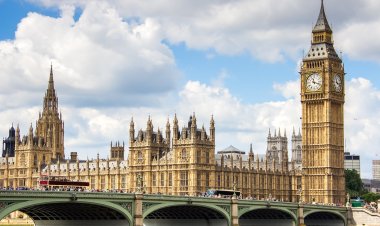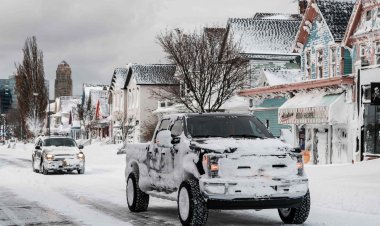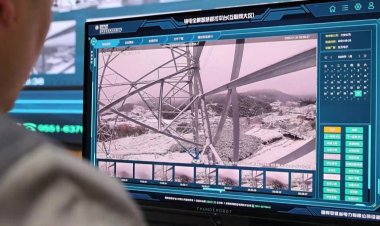US cars mandated to spot drunk drivers and stop them

Breath-sniffing sensors and finger-scanning detectors are central to a landmark US safety mandate to fight drunk driving that is spurring tough questions about what technology can be trusted to do.
The federal law, which will require new cars to spot intoxicated drivers in coming years, could save thousands of lives annually with the potential to expand abroad, advocates say.
Yet the legislation signed into law this week by President Joe Biden has also left skeptics to question whether vehicles could refuse to operate due to a false positive or effectively become witnesses against their owners in criminal cases.
Ultimately it is up to American regulators to decide what could become international precedent-setting rules. They have not said much so far, but have a potentially extendable three years to work with.
The initial reaction though was euphoria for people who battle against alcohol-related crashes in the United States, which permits drivers to have a higher level of booze in their blood than many other developed nations and consistently records a death toll over 10,000 per year.
"I'm crying tears of joy today," said Alex Otte, national president of anti-drunk-driving advocacy group MADD.
"This is the beginning of the end of drunk driving," she wrote in a statement after Biden's law signing ceremony Monday at the White House















